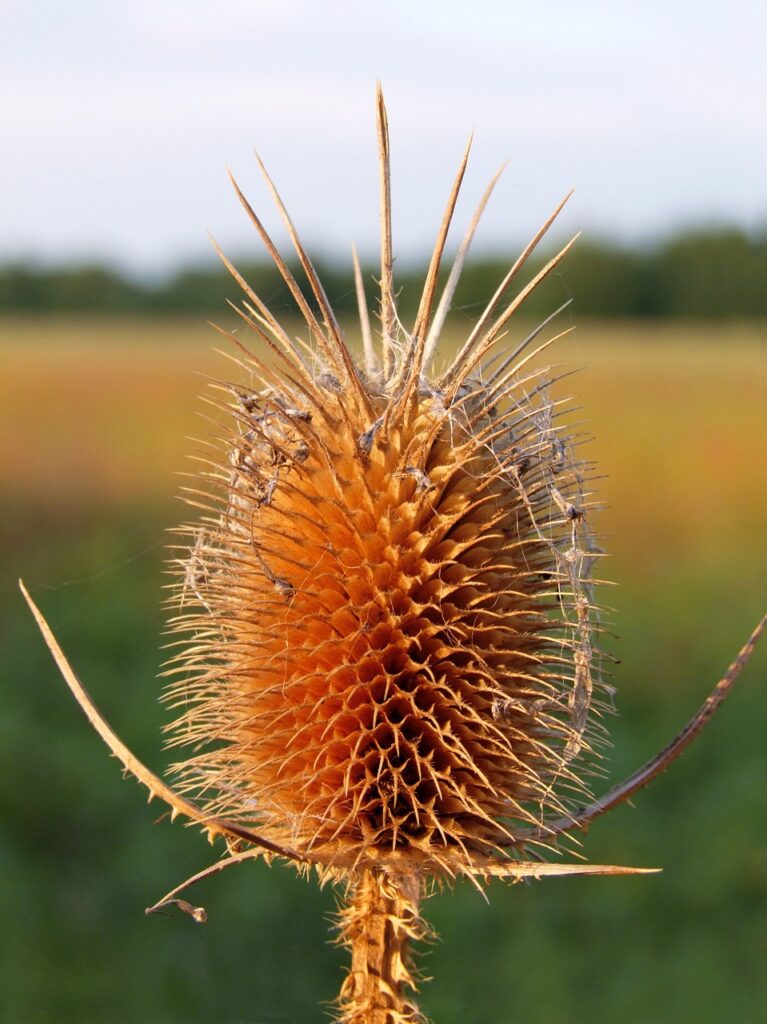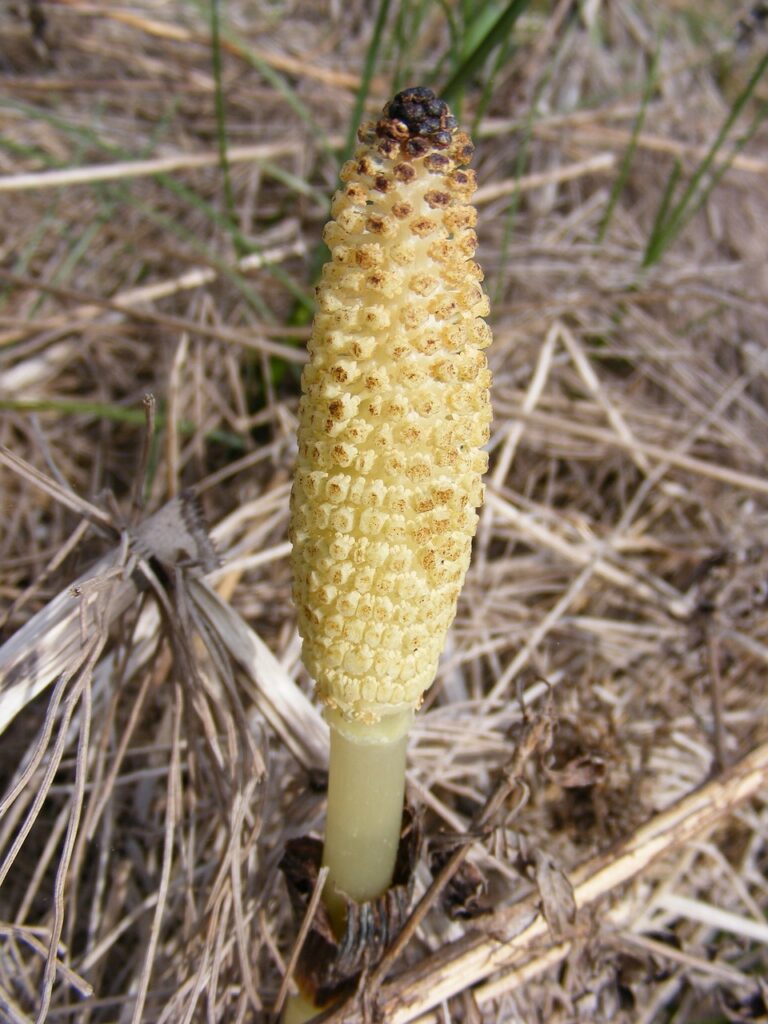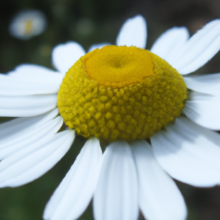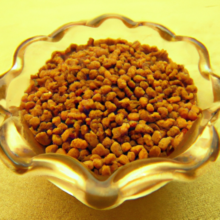The Diuretic Benefits Of Dandelion: More Than Just A Weed
Have you ever looked at a field of dandelions and dismissed them as pesky weeds? Well, it turns out that those yellow flowers have more to offer than just being a nuisance in your perfectly manicured lawn. Dandelions have long been used in traditional medicine for their diuretic properties, helping to promote urine production and cleanse the body. In this article, we will explore the surprising health benefits of dandelions and why they might just be worth a second look. So, grab a cup of tea and prepare to discover the hidden potential of these underestimated plants.

What is dandelion
Description
Dandelion, scientifically known as Taraxacum officinale, is a flowering plant that belongs to the Asteraceae family. It is widely recognized for its bright yellow flowers and characteristic fluffy seed heads that disperse in the wind. Dandelion is considered an invasive weed in many parts of the world, commonly found in lawns, gardens, and even cracks in the pavement. However, this humble plant has a long history of traditional and medicinal uses, particularly as a diuretic.
History and folklore
Dandelion has a rich history and is deeply rooted in folklore and traditional medicine. Its use can be traced back to ancient times, where it was used in traditional Chinese medicine and Ayurvedic practices. In European folklore, dandelion was believed to possess magical properties and was often associated with divination and wishes. It was even thought to bring good luck and ward off evil spirits. Throughout the years, dandelion has been revered for its diuretic properties, making it a staple in various herbal remedies and treatments.
Common uses
Dandelion has a wide range of uses, both culinary and medicinal. It is commonly consumed as a salad green, added to soups, or brewed into teas. The roots and leaves of the dandelion plant are known for their bitter taste, which adds depth and flavor to recipes. Aside from its culinary applications, dandelion has a reputation as a potent diuretic. It helps increase urine production and eliminate excess fluids from the body. Moreover, dandelion is also used in traditional medicine to support liver function, aid digestion, and promote overall wellness.
Diuretic properties of dandelion
How dandelion works as a diuretic
Dandelion acts as a diuretic by increasing the production and excretion of urine. It stimulates the kidneys to remove excess water and sodium from the body, helping to reduce bloating and water retention. Dandelion contains compounds known as taraxasterols, which can enhance the elimination of fluids. Its diuretic effects are also attributed to its high potassium content, which helps maintain proper fluid balance in the body.
Chemical compounds responsible for diuretic effects
The diuretic properties of dandelion can be attributed to several chemical compounds found in the plant. Dandelion contains various flavonoids, such as luteolin and apigenin, which have been shown to exert diuretic effects. Additionally, dandelion is rich in inulin, a soluble fiber that acts as a prebiotic and may contribute to its diuretic properties. Other bioactive compounds, including sesquiterpene lactones and phenolic acids, are also believed to play a role in dandelion’s diuretic effects.

Health benefits of dandelion as a diuretic
Water retention and bloating relief
Dandelion’s diuretic properties make it an effective natural remedy for water retention and bloating. By promoting increased urine production, dandelion helps to flush out excess fluids and reduce swelling. This can be especially beneficial for individuals who experience bloating due to hormonal fluctuations, PMS, or certain medical conditions.
Blood pressure management
The diuretic effects of dandelion can also contribute to blood pressure management. By facilitating the removal of excess sodium and water from the body, dandelion may help lower blood pressure levels. High blood pressure is a significant risk factor for heart disease and stroke, making dandelion a valuable addition to a comprehensive approach to cardiovascular health.
Detoxification and kidney health
Dandelion’s diuretic properties support the body’s natural detoxification processes and can help maintain optimal kidney health. By increasing urine production, dandelion aids in the elimination of waste products, toxins, and excess salts from the body. This cleansing effect can promote healthy kidney function and reduce the risk of urinary tract infections.
Traditional and alternative medicine
Traditional uses of dandelion in diuretic treatments
Dandelion has a long history of use in traditional medicine, particularly as a diuretic. For centuries, it has been employed in herbal remedies to promote urine production and relieve various conditions associated with excess fluid accumulation. Traditional herbalists often prescribed dandelion to treat edema, urinary tract infections, and liver congestion.
Integration in holistic and herbal medicine
Dandelion continues to be highly regarded in holistic and herbal medicine practices. It is frequently included in herbal formulas aimed at supporting kidney and liver health, detoxification, and overall wellness. Its diuretic properties make it a valuable ally in promoting natural detoxification and maintaining fluid balance within the body.

Scientific studies and evidence
Research on dandelion’s diuretic effects
Scientific research has supported the traditional use of dandelion as a diuretic. Several studies have demonstrated the plant’s ability to increase urine production and promote the excretion of sodium and fluids. A study published in the Journal of Alternative and Complementary Medicine found that dandelion leaf extract significantly increased urine output without affecting electrolyte balance, suggesting its potential as a safe and effective diuretic.
Clinical trials and findings
Clinical trials have also provided evidence of dandelion’s diuretic effects. In a randomized, double-blind study published in the Journal of Alternative and Complementary Medicine, participants who consumed dandelion extract experienced significantly increased urine output compared to the control group. These findings further validate dandelion’s traditional use as a diuretic and support its integration in complementary medicine.
Potential side effects and precautions
Allergic reactions
While dandelion is generally safe for consumption, some individuals may be allergic to the plant. Allergic reactions to dandelion can range from mild skin irritation to more severe symptoms, such as difficulty breathing or anaphylaxis. If you have a known allergy to plants in the Asteraceae family, it is advisable to exercise caution when using dandelion products.
Interaction with certain medications
Dandelion may interact with certain medications, including diuretics, blood thinners, or potassium-sparing drugs. If you are taking any medication, it is essential to consult with a healthcare professional before incorporating dandelion into your routine to ensure it does not interfere with your medication’s efficacy or safety.
Dosage and usage guidelines
To avoid potential side effects or interactions, it is important to follow dosage and usage guidelines when using dandelion as a diuretic. Dandelion supplements typically come with recommended dosages on the packaging, and it is advisable to adhere to these guidelines. If using fresh dandelion greens or making your own dandelion tea or extract, it is recommended to start with small amounts and gradually increase as tolerated.
Alternative methods of consumption
Dandelion tea
Dandelion tea is a popular and simple way to enjoy the diuretic benefits of this plant. Steeping dried dandelion leaves or roots in boiling water creates a flavorful and therapeutic beverage. Dandelion tea can be enjoyed hot or cold and may be sweetened with honey or flavored with lemon for added taste.
Dandelion extract
Dandelion extract is a concentrated form of the plant, typically available in liquid or capsule form. This potent extract can be taken orally as a convenient way to incorporate dandelion into your routine. Be sure to follow the recommended dosage instructions provided by the manufacturer or consult with a healthcare professional for personalized guidance.
Dandelion supplements
Dandelion supplements are widely available in health food stores and online. These supplements typically come in capsule or tablet form and provide a convenient and standardized way to consume dandelion for its diuretic properties. As with any supplement, it is important to choose reputable brands and follow the recommended dosage instructions.
Incorporating dandelion into your diet
Fresh dandelion greens in salads
One of the simplest ways to incorporate dandelion into your diet is by using fresh dandelion greens in salads. These bitter greens provide a unique flavor and texture to salads and can be combined with other greens, such as spinach or arugula, to balance the taste. Remember to wash the greens thoroughly before using them to remove any dirt or impurities.
Cooked dandelion leaves and roots
Dandelion leaves and roots can also be cooked and enjoyed as a nutritious side dish or ingredient in various recipes. Sautéing the leaves with garlic and olive oil or roasting the roots with other vegetables can enhance their flavor and make them more palatable. Dandelion leaves and roots can be added to soups, stir-fries, or even used as a substitute for greens in recipes.
Dandelion recipes
If you’re feeling more adventurous, there are plenty of dandelion recipes available that showcase the versatility of this plant. From dandelion pesto to dandelion fritters, the culinary possibilities are endless. These recipes often balance the bitterness of dandelion with other flavors and ingredients to create a delicious and nutritious meal.
Growing dandelion at home
Suitable conditions for cultivation
If you’re interested in growing dandelion at home, you’re in luck! Dandelion is a hardy plant that can thrive in a variety of conditions. It prefers full sun but can tolerate partial shade as well. Dandelion grows well in moist, well-drained soil and does not require extensive maintenance or fertilization.
Harvesting and storing dandelion
To harvest dandelion, simply remove the leaves or dig up the roots using a garden fork or trowel. Ensure that the plants have not been treated with pesticides or herbicides. After harvesting, rinse the leaves or roots thoroughly with water to remove any dirt or debris. Dandelion greens can be stored in the refrigerator for up to a week, while the roots can be dried and stored in an airtight container for future use.
Conclusion
Dandelion may be commonly perceived as a pesky weed, but its diuretic benefits make it a valuable addition to your wellness routine. With its ability to alleviate water retention, support blood pressure management, and contribute to overall detoxification and kidney health, dandelion proves to be more than just a nuisance in your backyard. Whether you choose to enjoy it as a tea, supplement, or incorporate it into your diet, dandelion offers a natural and herbal approach to promoting optimal fluid balance and well-being. Embrace the power of this humble plant and experience the diuretic benefits of dandelion for yourself.




